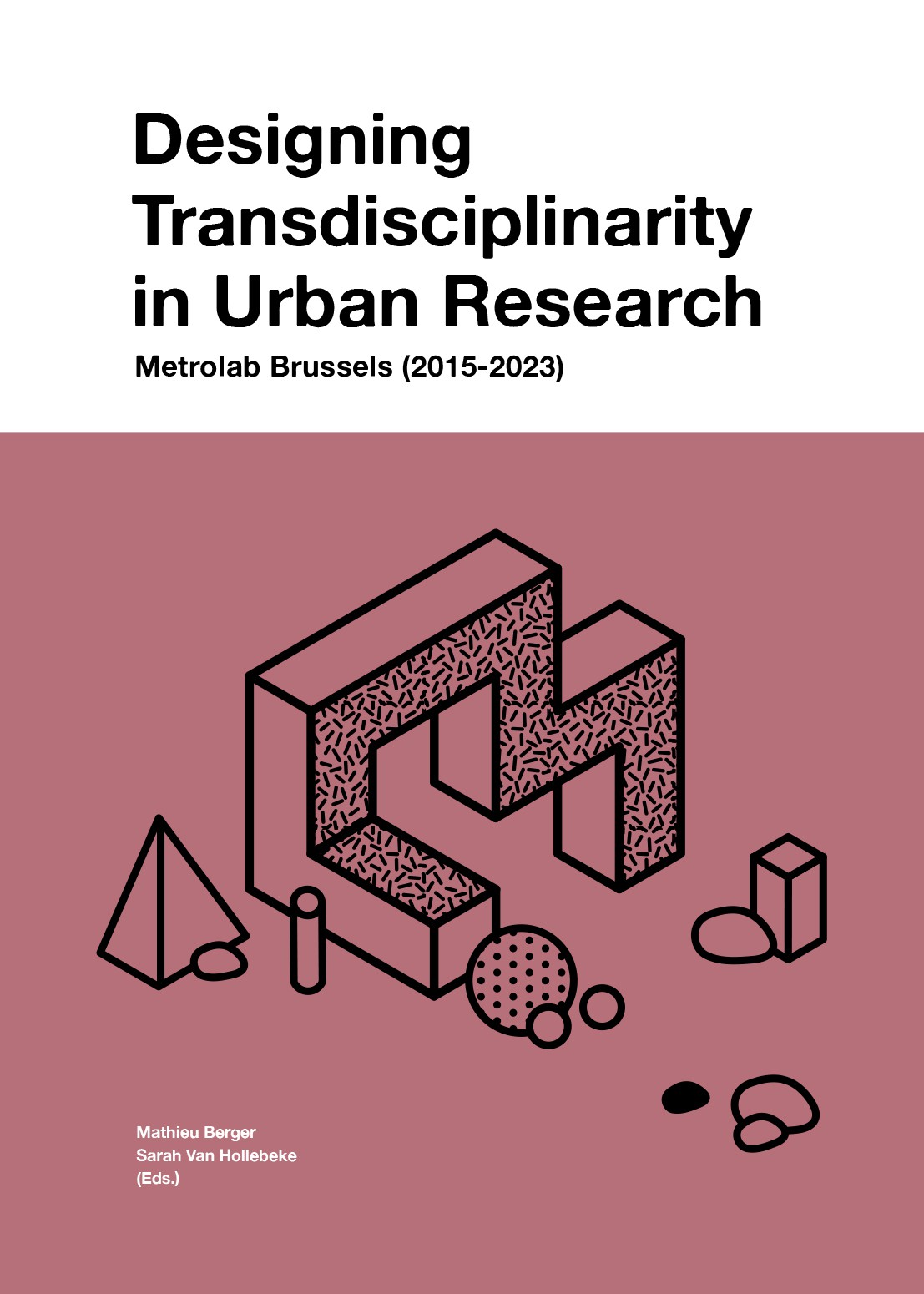
This book proposes a reflexive, self-critical and largely collective look back at the Metrolab experience: eight years of transdisciplinary urban research in Brussels. Together, these 15 contributions offer an in-depth exploration of the issue of communication and collaboration between academic knowledge and urban actors’ know-how; between scientific, technical or administrative expertise and the experience of users, residents and citizens. It has been designed as a reflexive tool for use by any research group wishing to set up a similar laboratory of applied and transdisciplinary urban research, and that are eager to learn from Metrolab's practices, our trials and errors, successes and failures.
In this final publication, the Metrolab team delves into the collective knowledge-building process generated since 2015, and raises key questions for urban action research : What are the conditions of acceptance of academic knowledge in public policies dealing with concrete urban problems? What practical, institutional, cognitive, semiotic, communicational obstacles do researchers encounter?
Organised in three parts, the book begins with a general introduction entitled ‘Further Steps To an Ecology of Urban Knowledge’, that explores challenges of communication and mutual understanding between multiple urban disciplines, plural cognitive styles, and across different knowledge milieus. Following this introduction, the first part of the book, ‘Mediation of transdisciplinarity’, presents various methods, media and postures that have been experimented by Metrolab researchers in order to meet the ambitions of applied and transdisciplinary research. The second part of the book, entitled ‘Critical insights’, brings reflexive and self-critical chapters written by Metrolab researchers, managers and principals, or based on their experiences. The third and concluding part of the book, ‘External inputs’, gathers conversations with international experts and scientific collaborators that have been directly involved in the activities of Metrolab (conferences, MasterClasses, publications, etc.) or whose work has inspired Metrolab’s epistemology of transdisciplinarity.
Enhanced by the visual contributions of graphic designers Lucas Gicquel and Sébastien Gairaud, this book goes beyond a mere retrospective; it aims to serve as a conceptual, methodological and reflexive tool for those seeking to address the complexities of urban research's interactions, both internal, among disciplines, and with the real, non-academic world. It provides a set of theoretical notions and pragmatic solutions for researchers seeking to accompany and support public action (state-driven or not) in favour of a transition towards more inclusive and sustainable cities, in the face of urgent challenges of climate change, migratory crisis, public health problems and urban growth.
Editors : Mathieu Berger, Sarah Van Hollebeke.
Contributors : Mathieu Berger, Andrea Bortolotti, Louise Carlier, Daniel Cefaï, Sara Cesari, Roselyne de Lestrange, Christian Dessouroux, Sophie Feyder, Carlotta Fioretti, Lucile Gruntz, Patrick Le Galès, Miodrag Mitrašinović, Harvey Molotch, Luca Pattaroni, Louise Prouteau, Marco Ranzato, Sarah Van Hollebeke, Marc Zune.